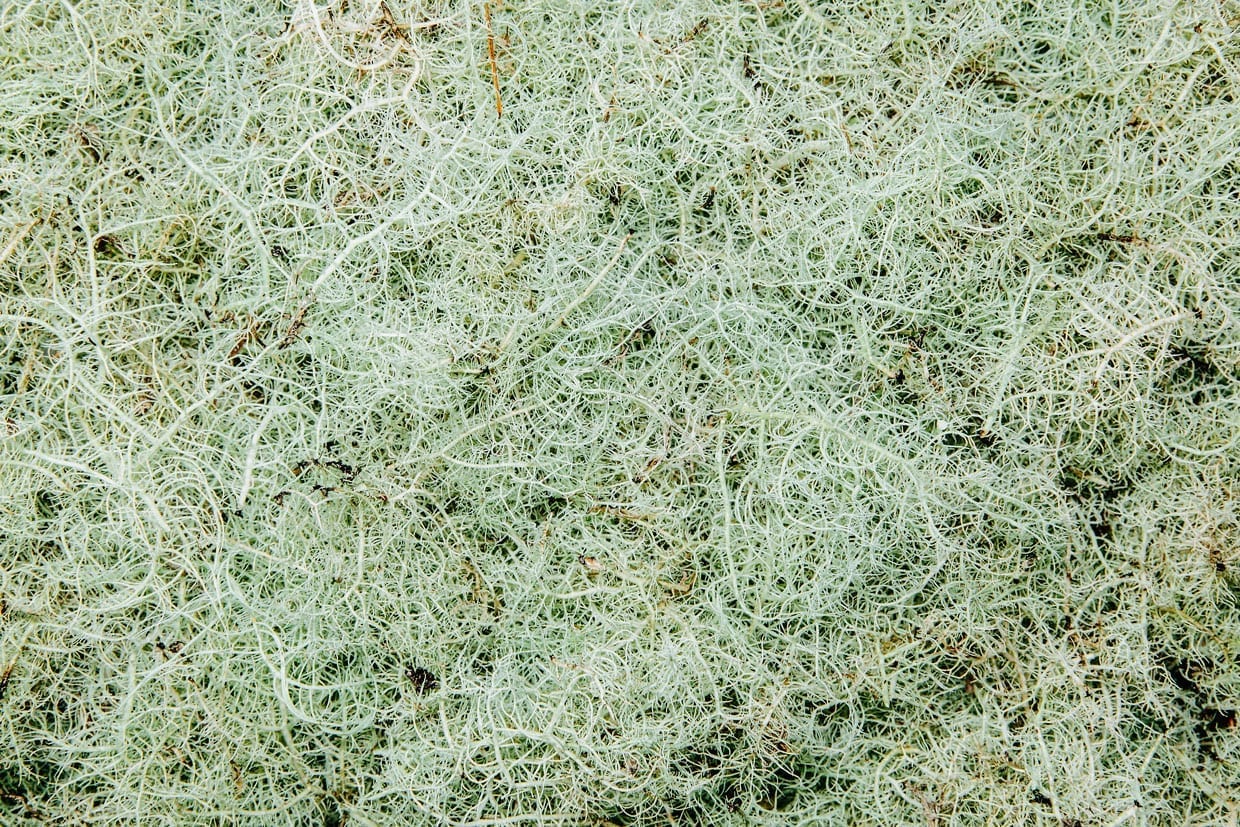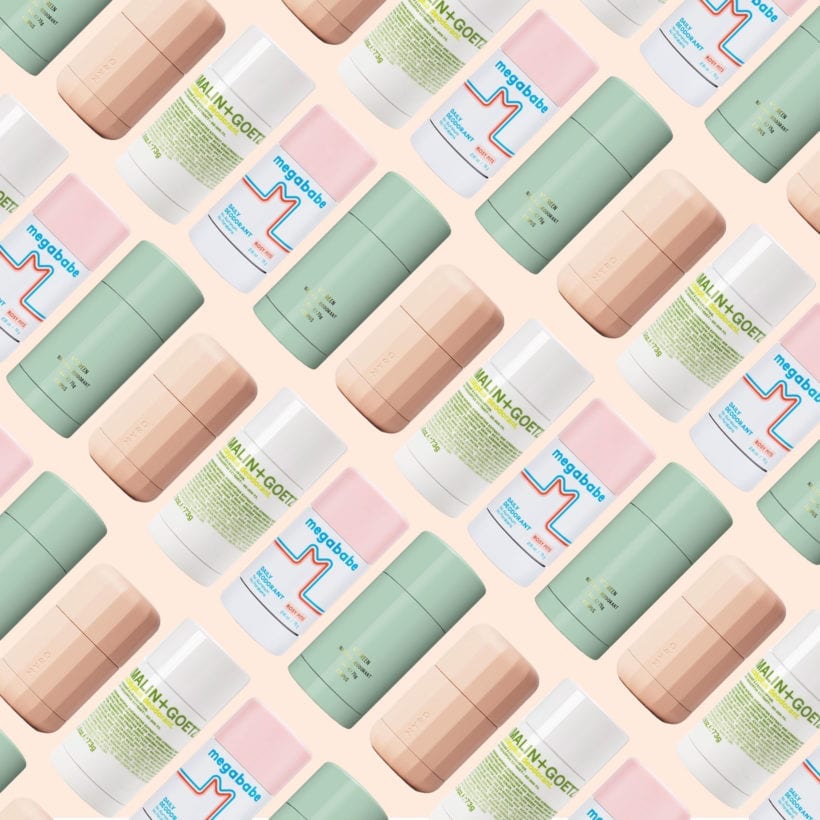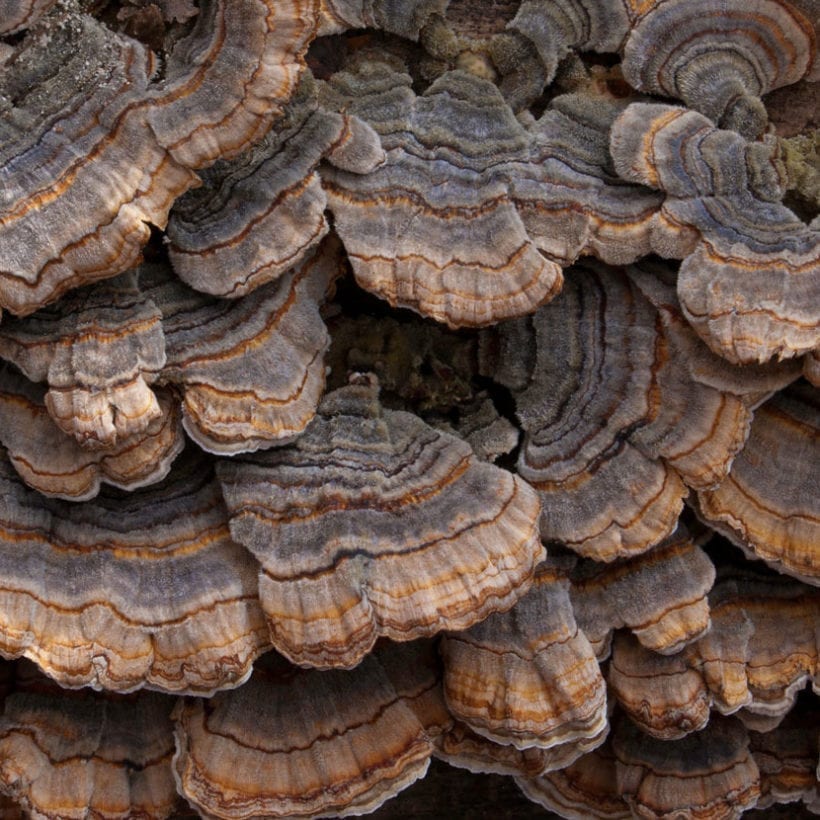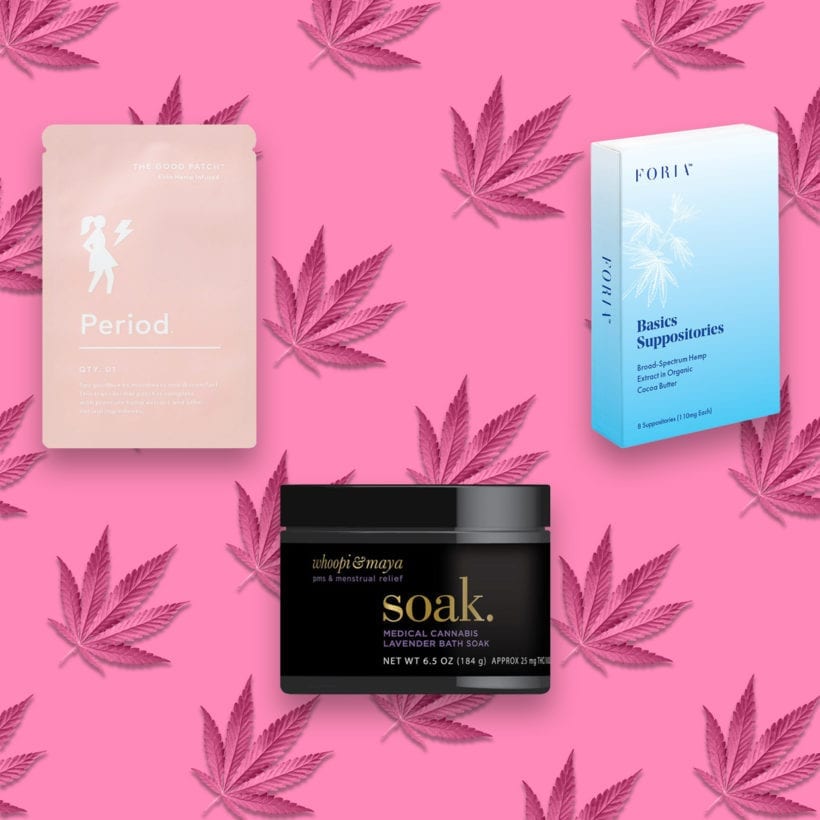How often do you read the labels on your deodorant bottle? What about your toothpaste? If the answer is often (good for you), you might see usnea — a lichen that grows on trees in Europe and North America — high on the list.
Also referred to as “old man’s beard” due to its hairy appearance, usnea has been used for hundreds of years in Native American, Chinese and European medicine, according to the Institute of Traditional Medicine.
A symbol of holistic health, traditional Chinese medicine is making a comeback — but it is important to know what is actually in the products you use.
The name itself does not sound super enticing, but usnea is purported to have many health benefits, mostly related to its antibacterial and antimicrobial properties. “This fungus has been used in the treatments of staph infections, helping to heal wounds (like acne scars), and treat infections of the urinary tract and sinuses,” says Alissia Zenhausern, N.M.D., a naturopathic physician at NMD Wellness of Scottsdale. “The way it works that is that the usnic acid disrupts the bacteria’s cell membrane function, weakening the bacteria’s defensive mechanism, which then allows your immune system to destroy it.”
And even though the Cosmetic Database acknowledges there are gaps in research, this is what we know so far about the lichen:
What are the Benefits?
Usnic acid is also used as a healing ingredient thanks to its anti-inflammatory properties.
Today, you can find its derivative, usnic acid, in personal care products like perfumes, cosmetics, toothpaste, shampoos, sunscreens and deodorants to preserve and prevent the growth of bacteria and fungi in the formulas. But a majority of the products out there are deodorants and antiperspirants made by clean and natural lines like Aromatica, Olivarrier and Knours.
Usnic acid is also used as a healing ingredient thanks to its anti-inflammatory properties. Native Americans used it to treat wounds and gangrene with success. It is also considered to be effective against all gram-positive and tuberculosis bacterial species because usnic acid is high in mucilage, which is a substance that helps ease coughing (the lichen also has a reputation of serving as an effective cold-fighter). Some people even make tinctures to treat sore throats, fungal infections and even urinary infections.
Is it Safe?
Aside from that and its antibacterial properties, any other benefit has yet to be studied in depth.
That being said, you shouldn’t be alarmed if you see it on the label of your deodorant, shampoo or toothpaste; usnic acid is regarded as safe for topical use. But it is important to note: The ingredient is not necessarily safe for consumption. Even though the EWG’s Skin Deep Cosmetic Database classifies usnea as a low-hazard ingredient, when consumed in high doses it has been associated with severe liver toxicity. One woman who took usnic acid supplements for only 17 days as a weight loss supplement, endured damage so severe that she had to undergo a liver transplant.
But if you are thinking about taking it as a supplement, tea or tincture, make sure to consult with your doctor about potential harmful effects and how it may interfere with any existing medications. “This isn’t a herb I would use all the time,” says Zenhausern. “Instead, it is typically short-term use, like during an acute staph infection or to help speed up healing.”
We only recommend products we have independently researched, tested and loved. If you purchase a product found through our links, Sunday Edit may earn an affiliate commission.







